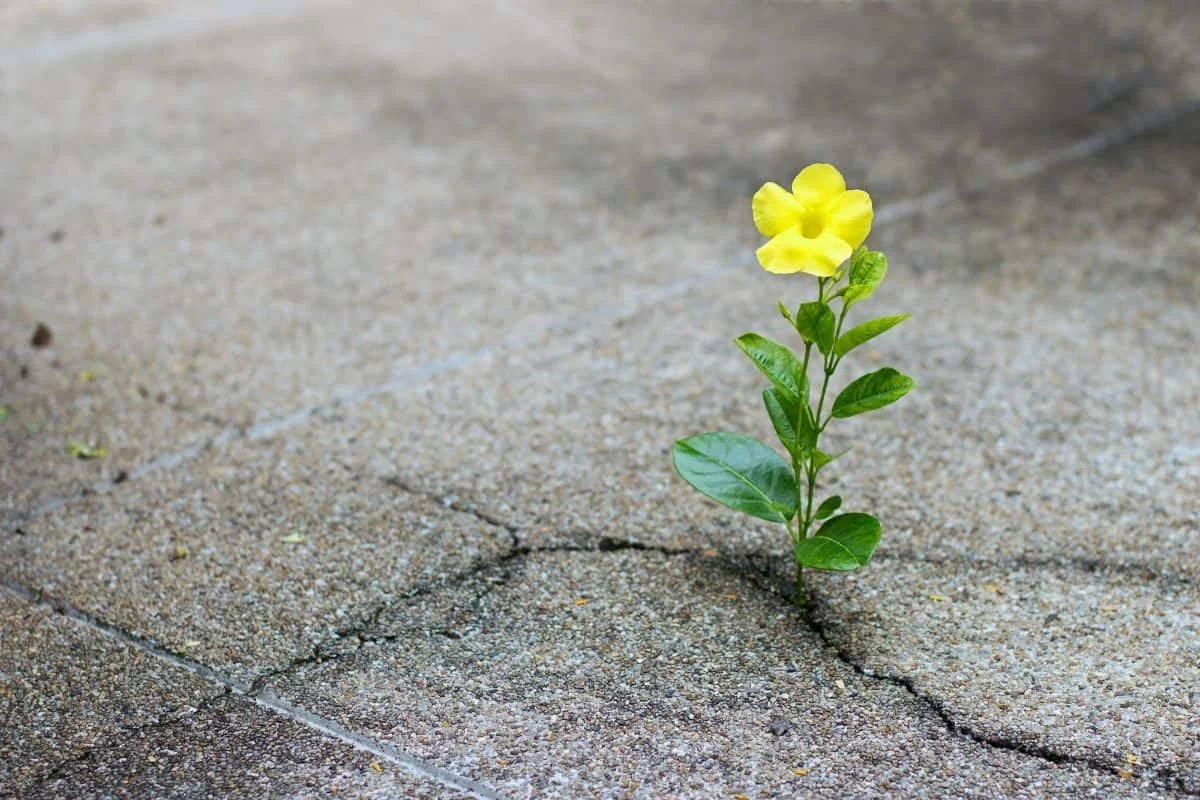Do you have a list of things to do that you never seem to complete? Do you become frustrated with yourself when you cannot finish everything you want to? Even after you finish a task, do you still feel like you were unproductive that day? If so, you are in good company. Most people have such high expectations for themselves that they can never reach them. This can lead to frustration, negative self-talk, and discouragement (Ben-Shahar, 2009; Burkeman, 2021). What if we could change our perspective on our to-do lists?
Aligning Life's Purpose: Transformative Career Changes
For the last year now, I have been preparing to apply to graduate school, researching all of the different options, and writing essays and resumes. This semester, I had it all planned out. I had already asked for recommendation letters and had written my personal statements and curriculum vitae. I had taken the GRE and even finished applying to one of my backup programs before everything changed. This past summer, I got married. Alone, that need not affect my career, but it opened up new possibilities that I had previously pushed aside. As I reached a certain point in the semester, in the middle of the application process, I faced a crisis of decision-making as I seriously took a look at my future. I asked myself questions on purpose, such as, “What do I want out of life?" “What do I want to see as I look back on my life someday?" and “Where is my path?" Diving into the discovery of my personal purpose in life helped me come to a satisfactory conclusion—one completely different from my previous plan. As I imagined what I wanted out of life and what I hoped to see looking back from my deathbed, I hope to make an impact in the lives of those that I love, encouraging genuineness, vulnerability, and growth. Although many worries and "what-ifs" have arisen against this decision, such as wondering what others may think, whether it is the smartest financial decision, and if it will ruin my chances at education later, knowing my purpose in life allows me to move forward with confidence that I will not regret this path.
Digital Well-Being and Happiness: Navigating the Digital Landscape for a Fulfilling Life
Undeniably, social media has become deeply ingrained in our lives, making its presence often inescapable. Faced with this reality, the question becomes: how can we transform our digital landscape into a positive and enriching space? Instead of fixating on the permanence of social media, a more constructive approach involves actively seeking ways to find balance and foster tranquility within the vast expanse of the digital world. This shift in perspective allows us to navigate the online realm intentionally, making choices that contribute to a positive and fulfilling digital experience, even amidst the complexities of our interconnected lives.
Discomfort as a Catalyst: Turning Life's Challenges into Opportunities for Growth
The truth is, discomfort can be really good for us. Think about the achievements for which you feel most proud. Chances are, you had to overcome some sort of obstacle that tested your abilities. If you got a good grade on a test, you likely had to spend some time studying for it. If you successfully ran your first half-marathon, you probably trained for a few months leading up to the event. Facing uncomfortable challenges is an integral part of the path to personal growth.
Awe in Nature
It is likely that each of us has had moments where we felt overcome by the beauty that surrounds us. We can be looking up at sheer granite peaks in Yosemite National Park, or we can be admiring the bright green trees as we walk next to a river. We may have seen these things many times before, but they have become commonplace. Yet, for some reason, we each have days where the natural world is not only pleasing to the senses, but it also connects with our soul.
How Extraversion Can Improve Your Well-Being and Relationships
Many people have heard of extroverts and introverts before, but what does being extraverted really mean? According to John, Naumann, and Soto (2008), extraversion is when one is more talkative, assertive, and sociable, while introversion refers to those who are more quiet, passive, and reserved. Some of the most robust research findings in personality psychology suggest that extraverts tend to experience higher levels of flourishing and positive affect, or feelings of joy, cheerfulness, pride, enthusiasm, and energy (Kuijpers et al., 2022; Smillie et al., 2015; Steel et al., 2008). Even though it is great that extraverts tend to experience more positive affect and flourishing, what are introverts like me supposed to do? Luckily, there is hope for us all.
A Different Approach to Anger
Anger is a secondary emotion, meaning there is usually something hiding underneath it—something vulnerable like hurt or fear. Often, we go to anger because it feels better and more powerful. Yesterday I was driving down the road with no other cars in sight, and a rock hit my windshield and cracked it. Oh, come on! I was irritated, even when I couldn’t find a target for it. I hadn’t done anything wrong, and neither had anyone else. As I became curious and searched underneath the anger, I found that I had too many tasks on my list, and this was now one more: fear of how much this would cost in precious resources of time and money, and feeling loss that my pristine windshield was now cracked. When I attended to those softer emotions with compassion, the anger dissipated. Try looking at anger as a part of you separate from your true self that has needed to take on this job because it is trying to protect you. It is working so hard to keep you safe. It’s desperately trying to be your hero. Try talking to it from your highest self, without judgment, and getting to know it.
Building Connection in Relationships: How Small Things Can Make the Biggest Difference
If connection is so crucial, how do we cultivate connection with others to improve our relationships? First, the Gottmans (2022) explain that there is a common misconception about building connection. Many think that for connection to be meaningful or have a lasting impact, it must take hours of time. This is not the case. Dr. John and Julie Gottman (2022) argue that there are often many opportunities for meaningful connection on any given day; we just miss them.
When it comes to relationships, connection is vital, and the good news is that creating connection can be done through small and consistent acts of turning toward those you interact with. Small, seemingly simple interactions can make a big difference, have a lasting impact, and be meaningful.
Growing Gratitude with Gratitude P.I.E.
Gratitude has been widely studied in recent years. Higher gratitude is associated with higher self-esteem, optimism, and positive emotions (Unaneu, 2019). In addition, practicing gratitude can also lead to lasting positive physiological changes in the brain (Kini, 2016). Read more about the positive effects of gratitude in this module on the MyBestSelf101 website. If gratitude has such impactful implications to our health and happiness, it seems as though it would be wise to enjoy its effects more than just once a year on Thanksgiving - the way that we often enjoy pumpkin pie. We can enjoy the positive benefits of gratitude year round by experimenting with these three simple tactics to grow our thankfulness with a hypothetical slice of “gratitude P.I.E.” The acronym P.I.E. stands for Pause to appreciate your physical body, Internalize small victories, and Excitement for others. As you sit down to your Thanksgiving smorgasbord this year, remember that you can experience the sweet and life-changing effects of boosting your gratitude every day of the year by serving yourself a slice of your very own gratitude P.I.E.
Navigating Physical Injury for an Engaged Life
Dancing was my favorite social outlet and my go-to coping mechanism to combat stress or sadness; however, after my injury, I could not turn without my knee painfully giving out. I was devastated. To combat this life challenge, I decided to use the strategy of engaged living. Engaged living is the practice of identifying and living by personal values despite obstacles (Shearer & Warren, n.d). You may not be recovering from an injury like me; however, we all experience unexpected changes. When you experience obstacles or unplanned paths in your life, remember that you still have control to live by your values. The beauty of values is that they can apply to any situation. As you realign your actions to your values, satisfaction will follow. Engaged living is an effective strategy to cultivate happiness and overcome challenges.











